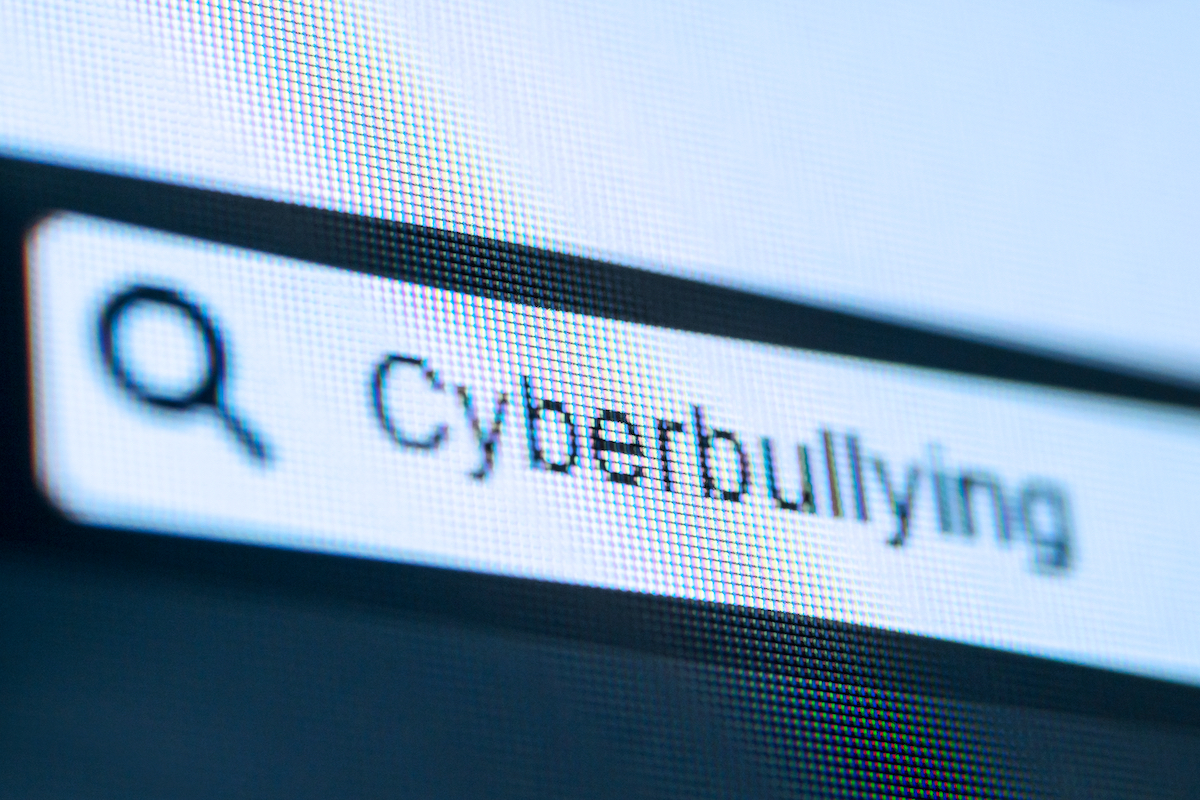BY WALE AJAYI
When the latest intimate video of a middle-aged Nigerian socialite lady surfaced on Nigerian social media last week, the response was predictable: viral sharing, cruel commentary, public mockery, and digital harassment. Within hours, her name, face, and body became a trending topic with the most brutal comments, relentless ridicule, and irreversible damage. Her privacy shredded, her dignity trampled while society looked on. She is not alone. Every week, young women and sometimes men wake to discover their most private moments have become public entertainment, shared across WhatsApp groups, Twitter threads, Instagram stories, TikTok FYPs, and Telegram Channels. This is not just cyberbullying. It is image-based sexual abuse, and we are in the grip of an epidemic. In recent months, similar violations have targeted a popular female Afrobeat singer, a Nollywood actress, and a male content creator. This demonstrated that while women bear the brunt, no one is immune.
Every day, someone’s life is destroyed by a single click. An intimate image or video, shared in trust or stolen through deception, suddenly becomes viral content. The victim faces public humiliation, psychological trauma, and social ostracisation. Meanwhile, the perpetrators face little consequence, platforms do too little, and the cycle continues. Nigeria’s social media space has become a weapon, and we have no adequate defences.
Beyond the frenzy of viral shaming lies a deeper crisis. This epidemic is not just about individual violations; it is redefining how our society understands consent, privacy, and dignity. People, especially women, live in fear that a trusted partner might weaponise intimacy. Victims suffer depression, anxiety, and in extreme cases, suicide. One case involved a Lagos socialite who nearly jumped into the Lagos Lagoon in August 2023 due to cyberbullying and sexual blackmail, just months after her wedding.
Advertisement
A 2023 survey by Social Development Direct, examining the psychological impact of Non-Consensual Intimate Image (NCII) abuse in Nigeria, found that 75% of respondents had experienced online gender-based violence (GBV), with nearly 30% reporting image-based sexual abuse. Additionally, seven out of ten girls reported either encountering NCII or knowing someone who had, demonstrating how widespread the problem is. Perpetrators of this crime operate with impunity, emboldened by weak enforcement and cultural attitudes that blame victims.
Without urgent intervention, we risk normalising a culture where digital abuse is accepted as entertainment and women’s bodies are treated as public property. Beyond NCII, Nigeria’s social media space suffers from unrestricted circulation of pornographic content, cyberbullying, sexual extortion, and other violations—all operating with little oversight or accountability.
When individuals are violated, society has a duty to protect and restore their dignity. Every human being deserves the fundamental right to privacy and freedom from harassment. No one deserves to have intimate images shared without consent, to be blackmailed with their own body, or to have their life destroyed for revenge, blackmail to extort money, or mere commercialised digital spectacle. Yet our current legal and social frameworks are failing victims while enabling perpetrators. Technology platforms are not doing enough; law enforcement is overwhelmed, while society too often blames the victim rather than the abuser. Should this continue without checks?
Advertisement
Urgent action is required on multiple fronts. First, we must strengthen the enabling legislation, like Nigeria’s Cybercrimes Act 2015 and Nigeria Data Protection Act 2023, to explicitly criminalise non-consensual sharing of intimate images, with penalties severe enough to deter perpetrators. Countries including the Philippines, Canada, the UK, France, Italy, Germany, Singapore, South Africa, Israel, and Belgium have passed strict laws against revenge porn with heavy penalties, while Australia and the United States have enacted legislation addressing non-consensual image-based sexual abuse.
Nigeria must follow suit. Second, the law enforcement agencies, particularly the Nigeria Police Force Cybercrime Units, must prioritise these cases and provide accessible reporting mechanisms for victims. Third, social media platform operators must implement measures for rapid takedown systems for reported intimate images and other similar violations. Fourth, we need public awareness campaigns that shift cultural attitudes from victim-blaming to perpetrator accountability.
But legal reform alone is insufficient. We need a cultural reckoning. Parents, religious leaders, educators, and influencers must lead conversations about digital consent, respect, and the devastating consequences of image-based abuse. We must create support systems for victims—counselling services, legal aid, and safe spaces where they can rebuild their lives without shame. We must create a system and a culture that allows a victim to report to the police cybercrime units and seek legal assistance from the Office of Public Defender in the states. Victims must know this is not your fault. You are not alone. Help exists.
The cost of inaction is measured in shattered lives, lost potential, mental health crises, a broken society, and a generation growing up believing that abuse is entertainment. We can do better. We must do better. Nigeria’s digital future depends on it. It begins with you and me. Blame and shame the abuser, not the victim.
Advertisement
Wale Ajayi is an engineering faculty at Hull College and Project Lead at Hull African and Caribbean Association. He writes on technology, development, policy, and social issues. Yorkshire, England, UK.
Views expressed by contributors are strictly personal and not of TheCable.
